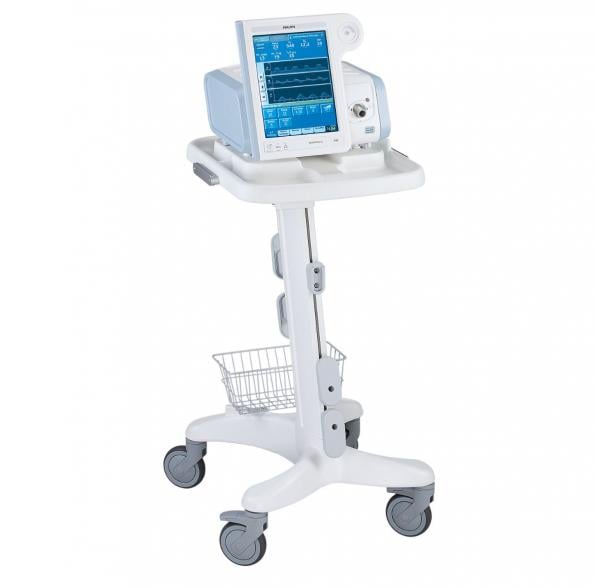A new study by Summit Consulting and the W.E. Upjohn Institute finds that the National Institute of Standards and Technology’s Hollings Manufacturing Extension Partnership (NIST MEP) Program generates a substantial economic and financial return of nearly 13.4:1 for the $140 million annually invested by the federal government. The NIST MEP program, of which IMC is your Central PA MEP, is a public-private partnership created in 1988 to improve the global competitiveness and productivity of America’s small- and medium-sized manufacturers.
Using the national REMI® model, along with the results from the FY2019 NIST MEP client impact survey conducted by Fors Marsh, LLC., the team finds that economic returns are robust. The study uses a conservative approach in estimating the broader economic impacts of the program by examining the competitive interactions between firms. NIST MEP contracted with Summit and Upjohn to create a study to estimate the broader national impacts of the NIST MEP program. The study and the subsequent report, The National-Level Economic Impact of the Manufacturing Extension Partnership (MEP): Estimates for Fiscal Year 2019, is now available.
“Year after year, the Upjohn Institute reinforces the worth of the MEP National Network to the small and medium-sized manufacturing community,” said Dan Manetta, IMC Executive Director/CEO. “The results of this report show good ROI for individual manufacturers, along with significant contribution to the U.S. Treasury.”
A Positive Return on Investment
The study reports that the $140 million invested in MEP during FY2019 generated nearly a 13.4:1 increase in federal personal income tax ($1.87B/$140M federal investment). The study only looks at personal income tax and not business taxes. In addition, the analysis provides a conservative estimate of broader impacts as they are based only on completed surveys and do not include estimates of additional impacts of center-activities for non-respondents.
The MEP Program Generates Additional Jobs for the U.S.
The study finds that total employment in the U.S. is nearly 217,000 higher because of MEP center projects. This estimate includes both direct, indirect, and induced jobs generated by MEP projects. These jobs support additional manufacturing jobs critical to U.S. supply chains and jobs outside of manufacturing.
Other Positive Impacts of the MEP Program
The study examines additional areas of economic impact generated by the MEP Program. It finds: (1) personal income is $14.0 billion higher, and (2) GDP is $22.9 billion larger. This translates into an increase of $1.87 billion in personal income tax revenue to the federal government.
About Innovative Manufacturer’s Center
Founded in 1988, the Innovative Manufacturers’ Center assists in connecting manufacturers in 12 Pennsylvania counties with the most effective regional, state and national resources to help companies innovate, grow and prosper. An affiliate of the U.S. Department of Commerce, National Institute of Standards and Technology’s Hollings Manufacturing Extension Partnership and supported by the Pennsylvania Department of Community and Economic Development, IMC is one of seven industrial resource centers in Pennsylvania and serves manufacturers in Lycoming, Montour, Northumberland, Union, Snyder, Clinton, Centre, Mifflin, Juniata, Huntington, Blair and Bedford Counties.
About the MEP Program.
MEP has centers in all 50 states and Puerto Rico that are dedicated to serving small- and medium-sized manufacturers with over 1,400 trusted advisers who work with local manufacturers to provide services that improve their competitiveness and productivity and help create and retain jobs, increase sales and improve local economies.
About Summit Consulting.
Summit Consulting is a quantitative and management consulting firm that works with public and commercial clients to turn data into actionable intelligence. Summit’s partners, directors and subject matter experts lead teams in five core areas: federal credit and risk analytics, health and employment, litigation analytics, mortgage finance, and program management and business modernization. Summit couples core expertise with methodology to derive sound, transparent and reproducible results.
About the W.E. Upjohn Institute for Employment Research.
The W.E. Upjohn Institute for Employment Research was created in 1945 from the W.E. Upjohn Unemployment Trustee Corporation, established in 1932 to address issues of unemployment during the Great Depression. The Upjohn Institute is a private, nonprofit, nonpartisan, independent research organization devoted to investigating the causes and effects of unemployment, identifying feasible methods of insuring against unemployment and devising ways of alleviating the distress and hardship caused by unemployment. Upjohn’s broad objectives are to: (1) link scholarship and experimentation with issues of public and private employment and unemployment policy; (2) bring new knowledge to the attention of policy makers and decision makers; and (3) make knowledge and scholarship relevant and useful in their applications to the solutions of employment and unemployment problems.
More information, including the full report, is available at the Upjohn Institute website.


